How Innovations in Legal Technology are Making Legal Information More Accessible – Guest Post

The legal industry is currently undergoing an enormous transformation, driven largely by technological advancements that have revolutionized both the accessibility and the management of legal information; innovations that are not merely simplifying complex legal processes, but are breaking down the traditional barriers to legal information, making it infinitely more accessible to both legal professionals and the general public – particularly great news for anyone delving into the abyss of self-represented litigation.
A clear indicator of this transformative shift can be seen in the recent statistics which reveal a growing recognition of technology’s role in the legal sector. For example, nearly half of corporate legal professionals (47%) now believe that technology adoption is the top non-legal skill needed for the next generation of in-house legal professionals; with the global legal tech market valuation reaching $28 billion in 2022, this comes as little surprise.
Moreover, the legal industry’s commitment to technology is further underscored by its financial investment, with recent findings show that nearly three-quarters of surveyed professionals anticipate their organization’s budget for legal tech tools to grow over the coming year
Indeed, it’s fair to say that the adoption of legal technology is becoming a crucial differentiator for performance in the sector. The 2022 Future Ready Lawyer Survey from Wolters Kluwer found that 63% of technology-leading law firms reported an increase in their profitability over the past year, more than any other firms; data that underscores the positive impact that effective leveraging of technology can have on a law firm’s bottom line – investing in and applying the right technology clearly matters significantly.
Digital Databases and Legal Research Platforms
One of the most significant advancements in legal technology is the development of comprehensive digital databases and legal research platforms – tools that have made vast repositories of legal documents, such as case law, statutes, regulations, and legal articles, easily accessible from anywhere in the world. Platforms like Westlaw, LexisNexis, and newer entrants like Casetext and ROSS Intelligence, leverage artificial intelligence to provide users with efficient search capabilities, enabling legal professionals and scholars to conduct thorough legal research in a fraction of the time it would traditionally take.
Expanding Access Through Strategic Acquisitions
Recently, Quest for Justice made a strategic decision to acquire People Clerk, signaling a significant step forward in the evolution of their platform, JusticeDirect; the acquisition is aimed at enhancing the platform’s capabilities, providing a more comprehensive array of tools for individuals who choose to navigate the legal system on their own. “By welcoming People Clerk into our family, we are combining our strengths to revolutionize how self-represented litigants interact with the legal system,” said Binh Dang, CEO of Quest for Justice, underscoring the importance of this move, and expressing that the integration of People Clerk into their operations marks a pivotal moment in transforming the experience for self-represented litigants within the legal system.
This collaboration brings together the innovative minds of People Clerk’s co-founders, Camila Lopez and Gustavo Lozano, with the established vision of Quest for Justice; a merger not merely out to expand the platform’s reach, but also about deepening the resources and support available to those who engage with legal proceedings without traditional legal representation.
This development reflects a broader industry commitment to democratizing access to legal information and procedures, particularly for self-represented litigants; it highlights the progressive efforts of legal technology companies to bridge the gap between the public and the intricacies of the legal system, contributing to a more inclusive and accessible legal landscape.
Open Access Movements and Free Legal Resources
The open access movement has been playing a crucial role in making legal information more accessible to non-professionals, with websites, such as the Legal Information Institute (LII) at Cornell Law School, offering up free access to a wide range of legal materials, including the United States Code, Supreme Court decisions, and state statutes. These resources can (at times, radically) empower individuals, by providing them with the knowledge they need to understand their legal rights and obligations, all without the need to hire a lawyer in order to access – what could arguably be described as – the most basic of information.
Mobile Applications and Online Platforms
The rise of mobile applications and online platforms dedicated to legal services has also further facilitated access to legal information. Apps like DoNotPay, originally designed to contest parking tickets, now offer a variety of legal services, from creating legal documents to providing guidance on consumer rights; these user-friendly applications reduce the complexity of legal processes, making it easier for individuals to tackle legal issues on their own.
Chatbots and AI-Assisted Legal Advisories
Innovations in artificial intelligence have given birth to legal chatbots and AI-assisted advisories that can offer personalized legal information and advice; tools such as LawBot and Billy Bot can guide users through legal queries, help draft legal documents, and even provide basic legal advice. While they are not substitutes for professional legal consultation, these AI-powered assistants can provide immediate, cost-effective access to legal information, especially for preliminary inquiries.
Blockchain and Smart Contracts
As if blockchain technology isn’t busy enough transforming virtually every other sector, it’s also revolutionizing processes in the legal realm, such as how contracts are created, executed, and enforced. Smart contracts – self-executing contracts with the terms of the agreement directly written into code – ensure transparency and reduce the need for intermediaries; this technology not only makes contractual processes more efficient, but also makes the associated legal information more accessible and understandable to all parties involved.
Expect Even Greater Strides to Come
The advancements in legal technology are breaking down the barriers that have traditionally made legal information inaccessible to the general public, and by leveraging digital platforms, AI, and blockchain technology, these innovations are ensuring that legal information is more readily available, understandable, and actionable for everyone; this democratization of legal knowledge is not only empowering individuals, but is also promoting justice and equality by ensuring that everyone has the tools they need to navigate the legal system. As legal technology continues to evolve, we can expect even greater strides in making legal information accessible to all, further transforming the legal landscape for the better.


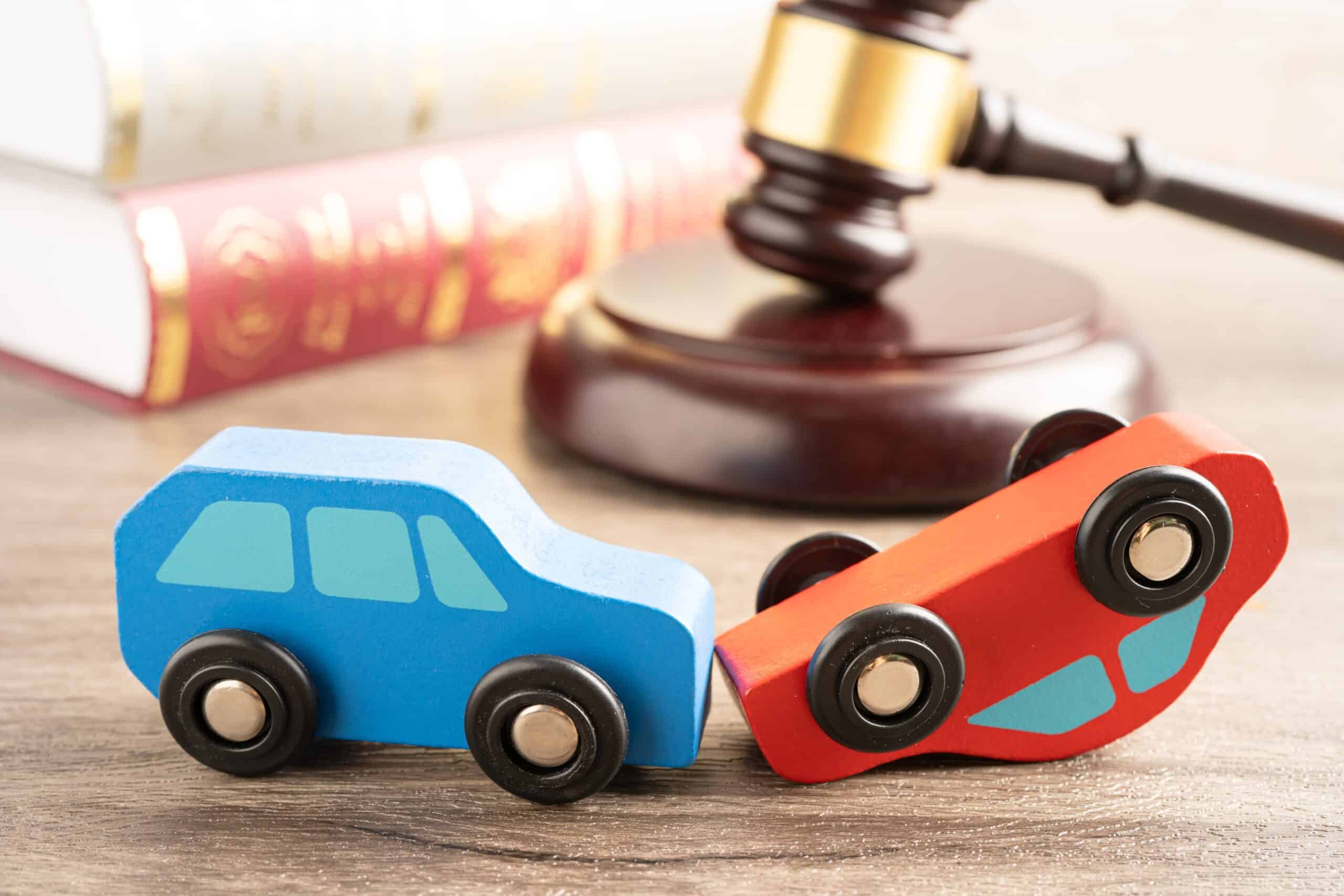

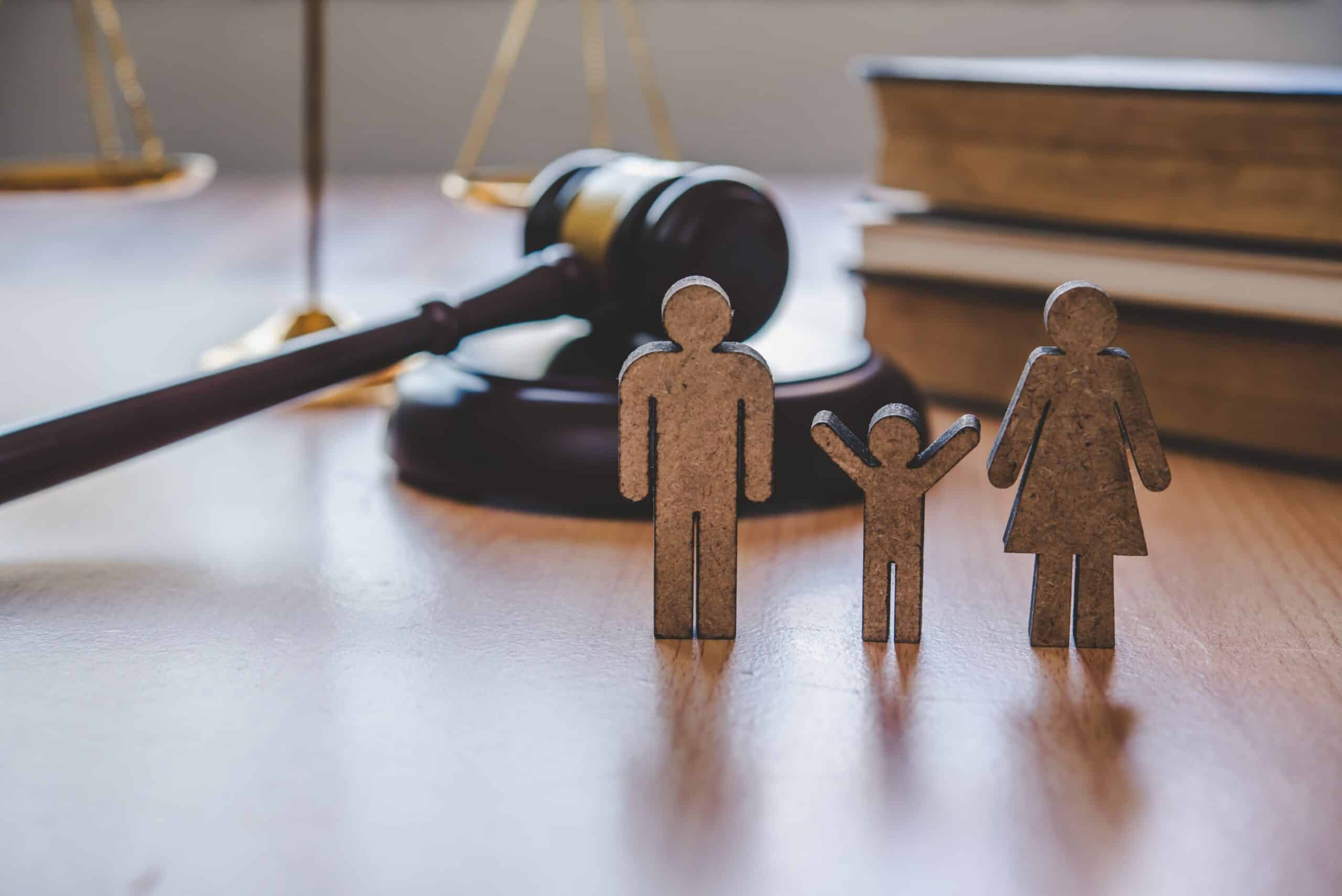





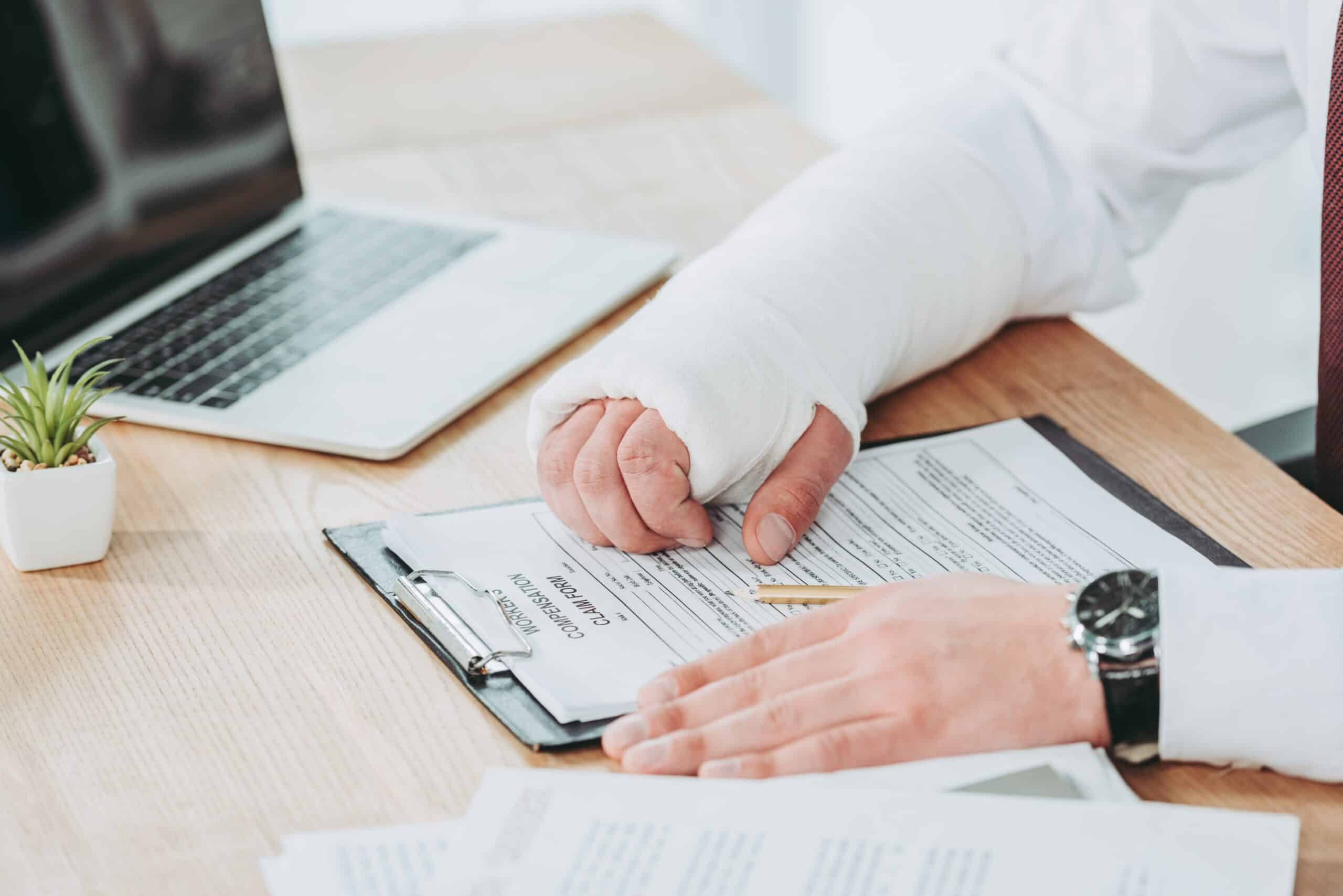

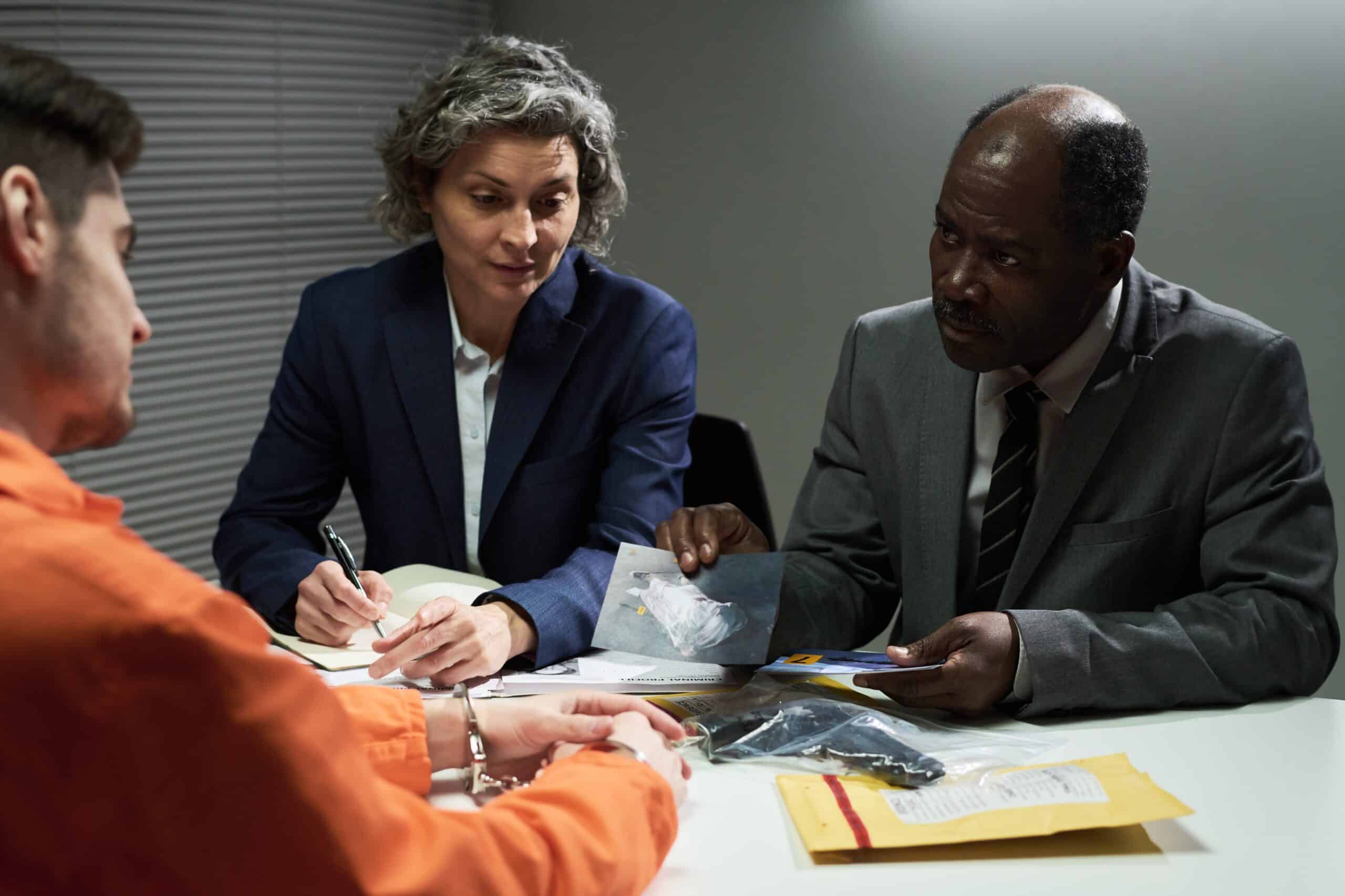







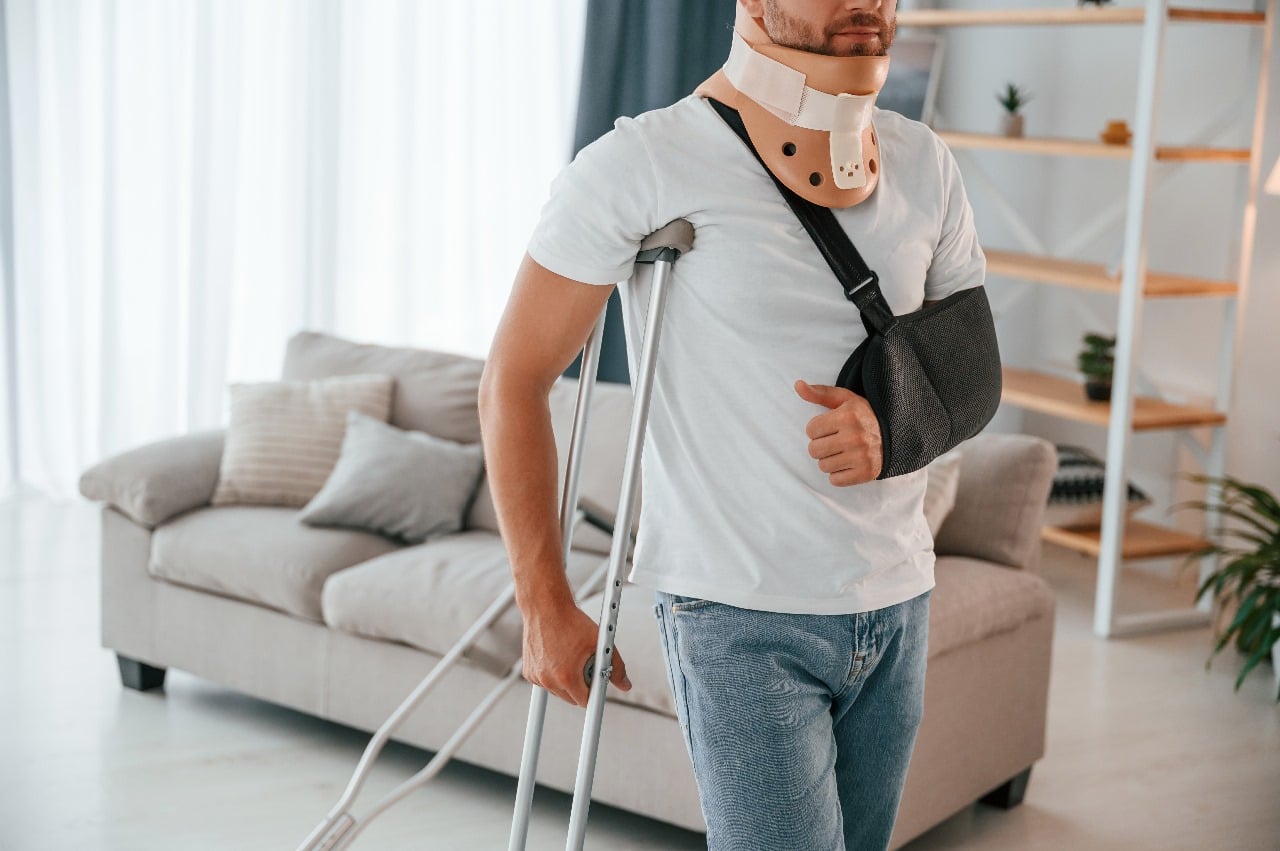

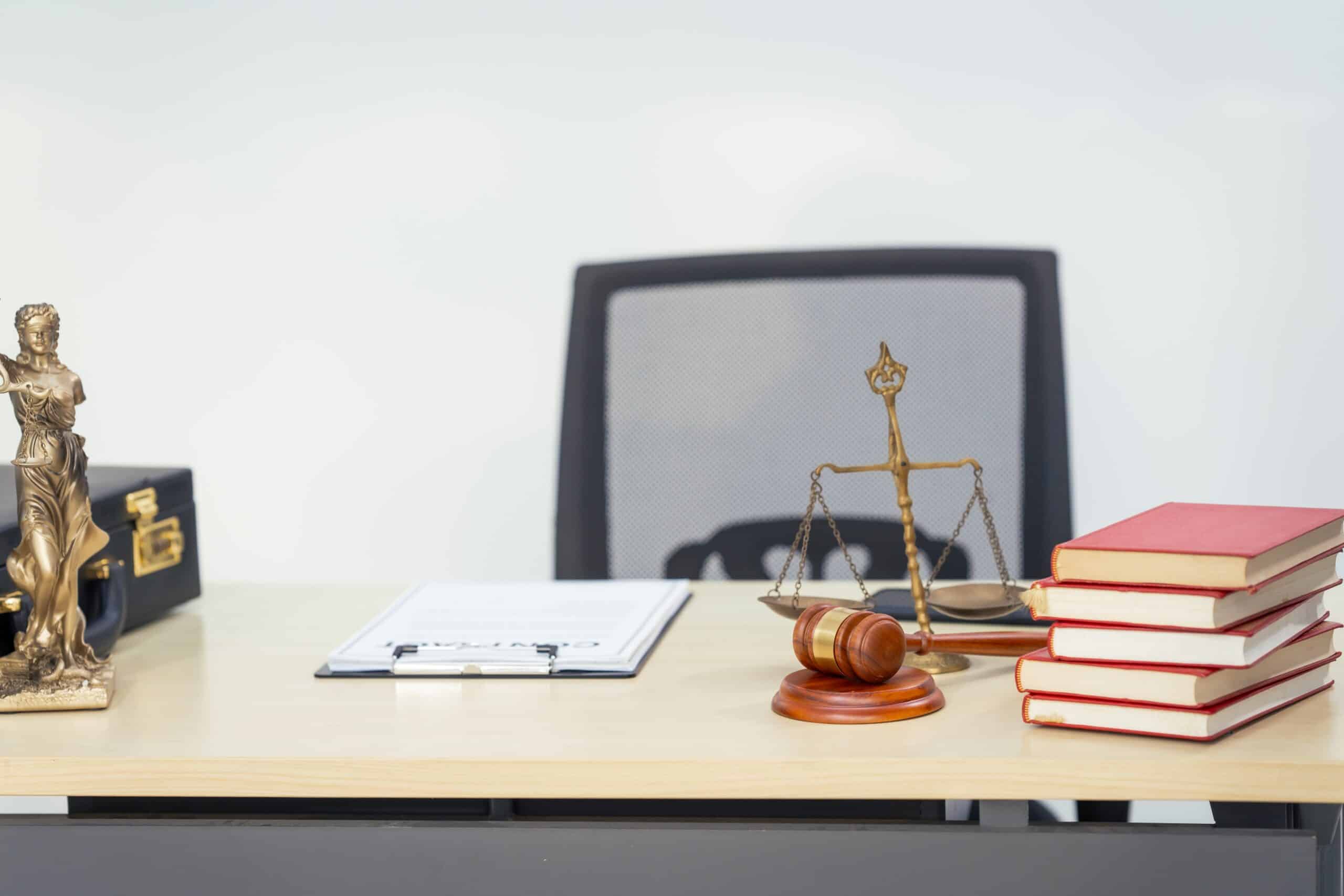

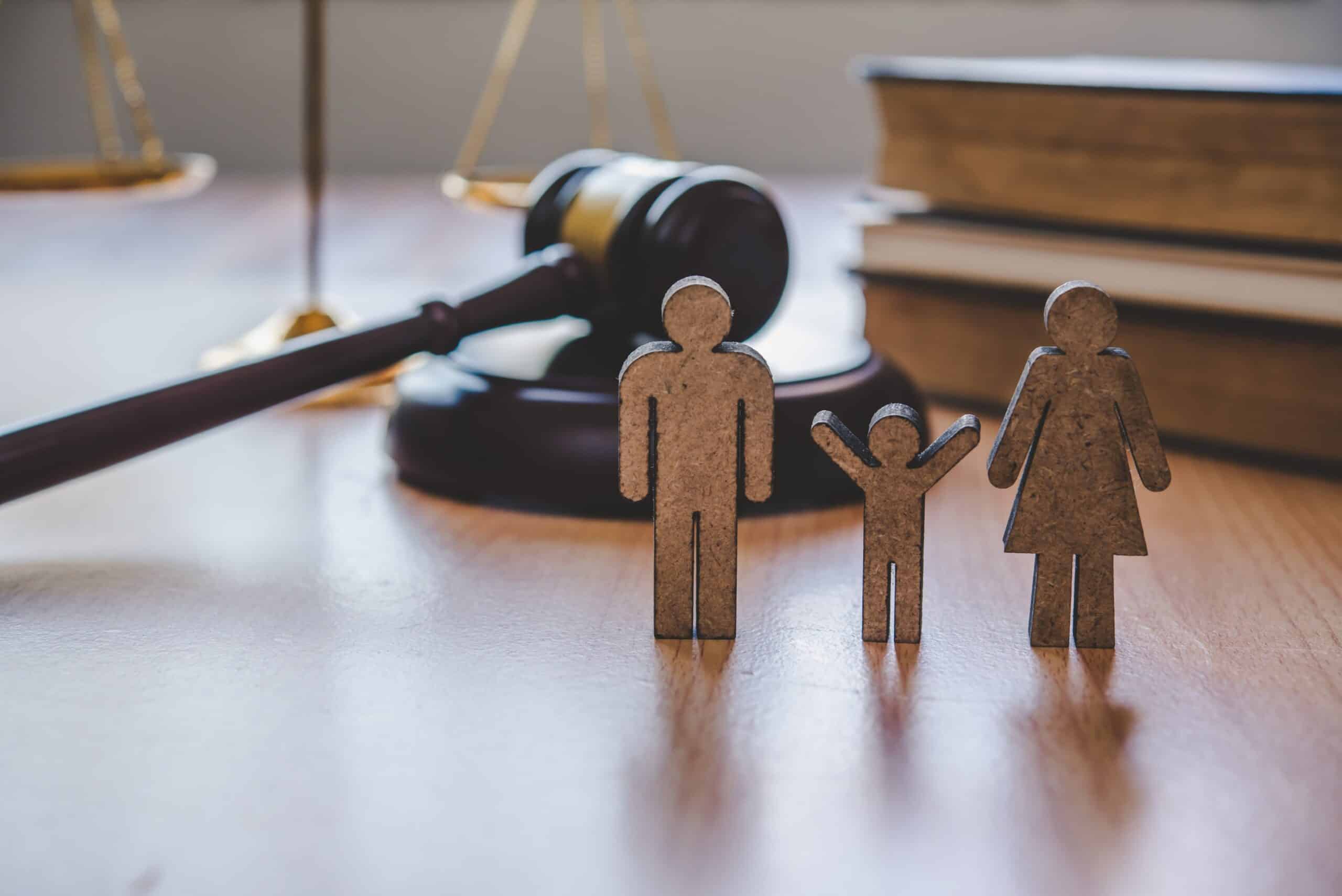
Recent Comments